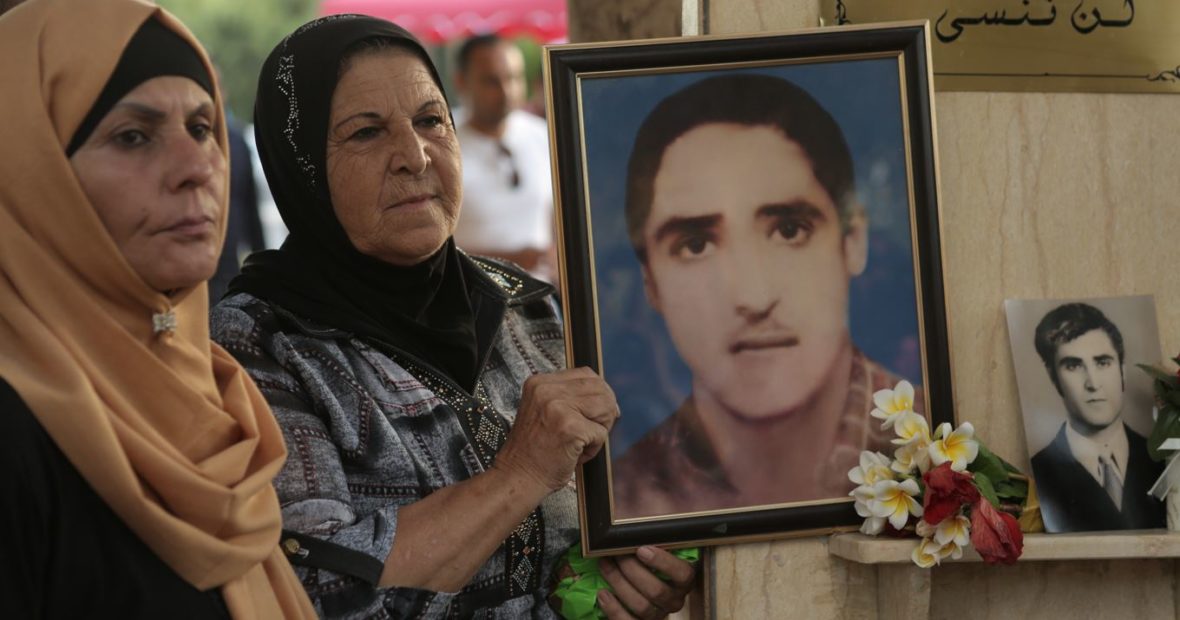Today, on the international day of the missing, I want to invite everyone to take a moment and try to imagine the unimaginable. Imagine the pain of people who spend years, sometimes decades, not knowing if their loved ones are dead or alive. Not knowing if they are safe or in danger, sick or in good health, or if they have enough to eat.
NEWS RELEASE 30 AUGUST 2021
This is the daily reality for tens of thousands of families on the African continent. The fact is that people going missing is one of the most damaging and long-lasting humanitarian consequences of armed conflicts, violence and migration.
The Africa Commission on Human and People’s Rights of African Union has recently adopted a resolution on missing migrants in Africa that serves as a ground-breaking example for states in other regions to follow. This shows that African institutions acknowledge the need for an effective response to this tragedy and are ready to step up efforts to prevent migrants from being separated or going missing, as well as increasing support to their families.
The International Committee of the Red Cross (ICRC) and the national Red Cross and Red Crescent societies currently have some 48,000 people in Africa registered as missing. This figure represents only a fraction of the actual number of missing people and the vast humanitarian crisis we are dealing with.
When we hear news reports about the humanitarian impact of conflicts and violence, the emphasis is often on the number of dead and displaced. We tend to concentrate our attention on the visible damage and material needs. The tragedy of people who become separated from their loved ones is often overlooked. However, their plight continues many years after the guns fall silent and the TV cameras go away.
An alarming number of migrants go missing in Africa and destination countries every year as they undertake dangerous journeys in search of safety or better economic opportunities. Along these routes, they often suffer horrific abuses by traffickers. The risk of losing contact with family is significant. Migrants often don’t have access to telephones or don’t communicate out of fear or high cost.
Whatever the circumstances of people going missing, the impact on their families is devastating. Along with terrible pain, they face numerous administrative, legal and economic difficulties.
I call on states to focus on three humanitarian priorities: prevent people from going missing, facilitate their search and identification if they do go missing, and address the specific needs of their families.
At the ICRC, we remain committed to helping people maintain family contacts in spite of displacement and migration. We also stand ready to provide our technical and legal expertise to help ascertain the fate and the whereabouts of missing people and to support their families.



Comments